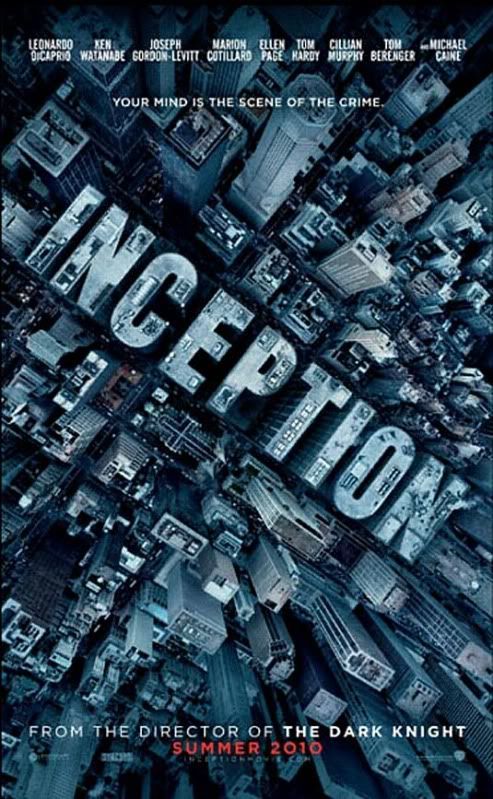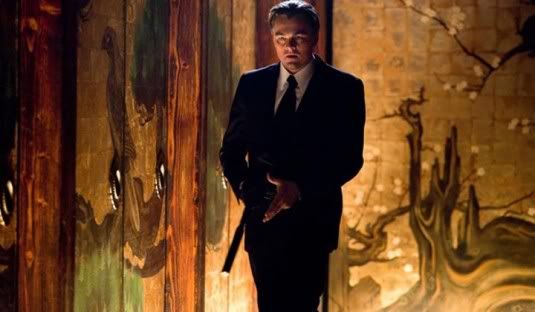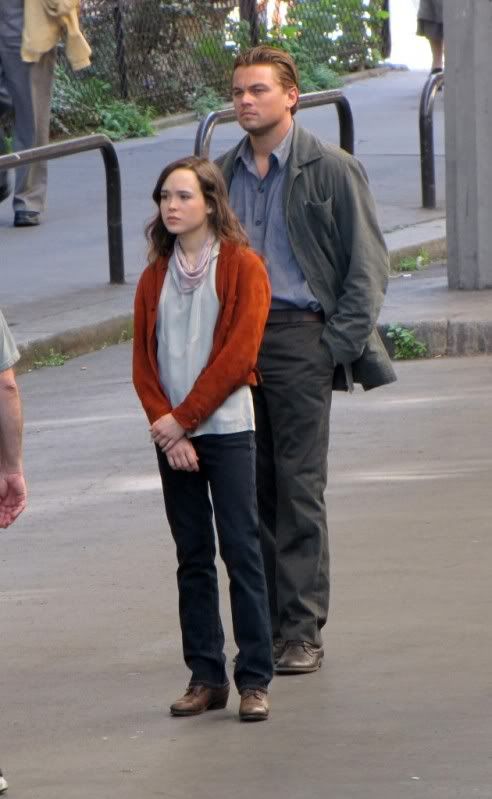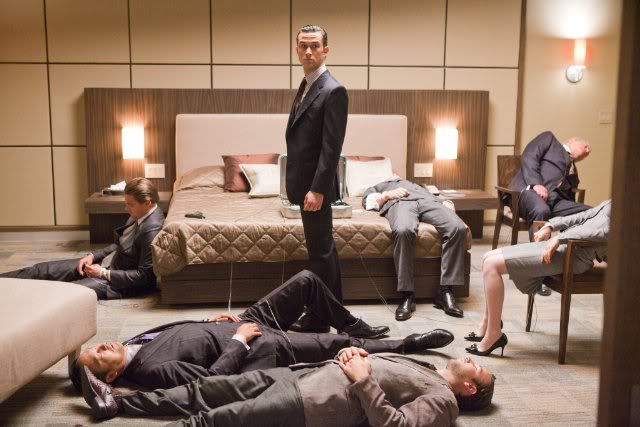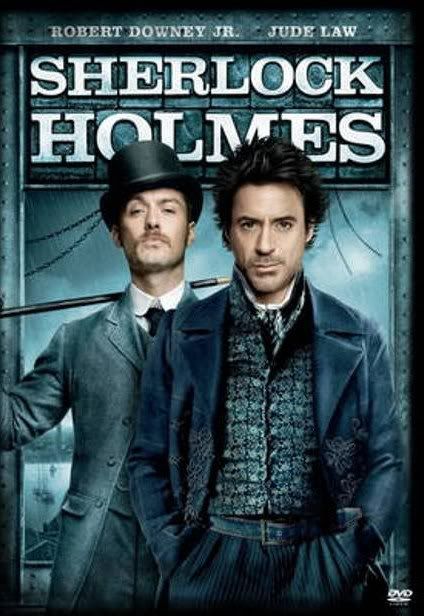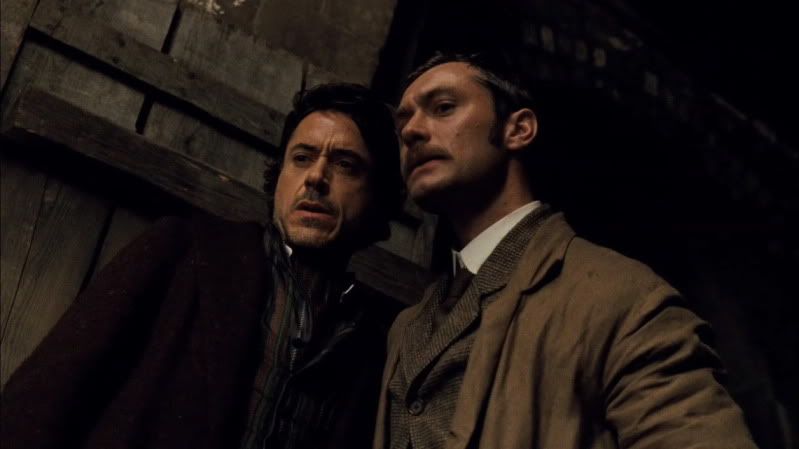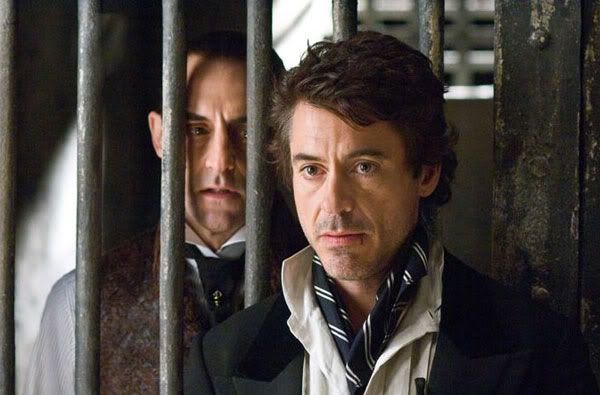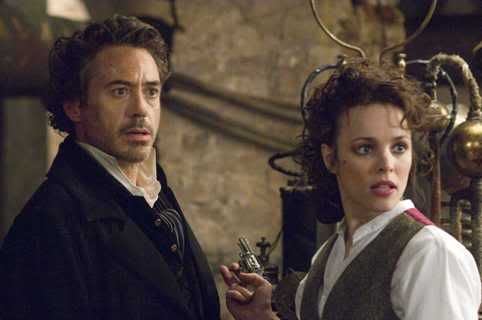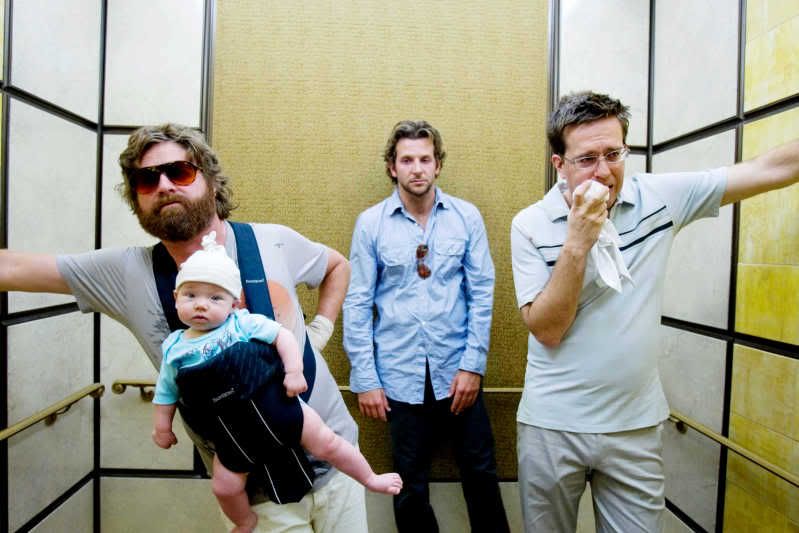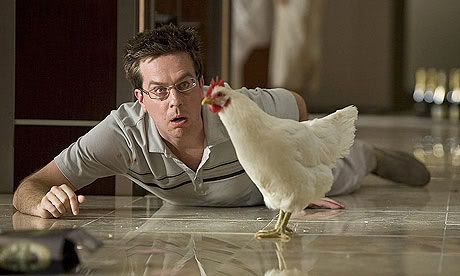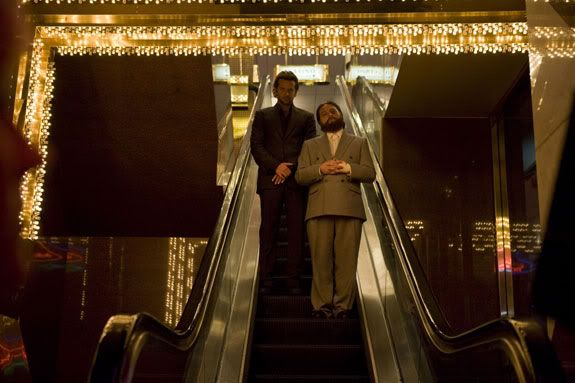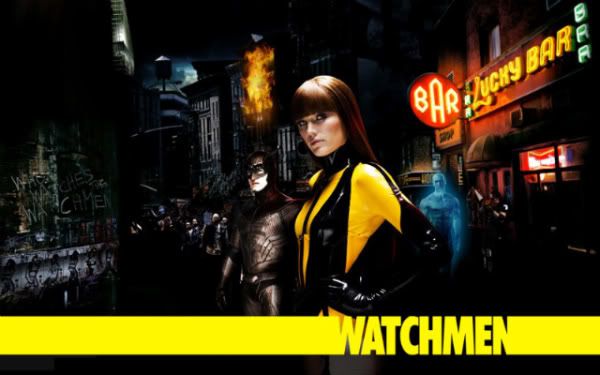Thanks to my friends at Geekadelphia, my wife and I were able to enjoy an advance screening of Salt. We walked out of it wondering the same thing: why is a movie dealing with a villain put to bed twenty years ago coming out now?
Remember how Yahtzee equated the United States to a prize fighter who keeps yelling at his old rival Russia because they didn’t have a proper title match? “Last I checked, it hasn’t been 1979 for at least 10 years.” In that case he was talking about Battlefield Bad Company 2, but it seems this unfortunate backwards-looking form of inspiration has reached Hollywood as well. Despite the fact that there are all sorts of punching bags for an espionage thriller that’s also a vehicle for Angelina Jolie, Kurt Wimmer’s Salt manages the feat of bringing the Soviet Union’s labyrinthine intelligence plotting back from the dead as an engine to drive the film’s plot.
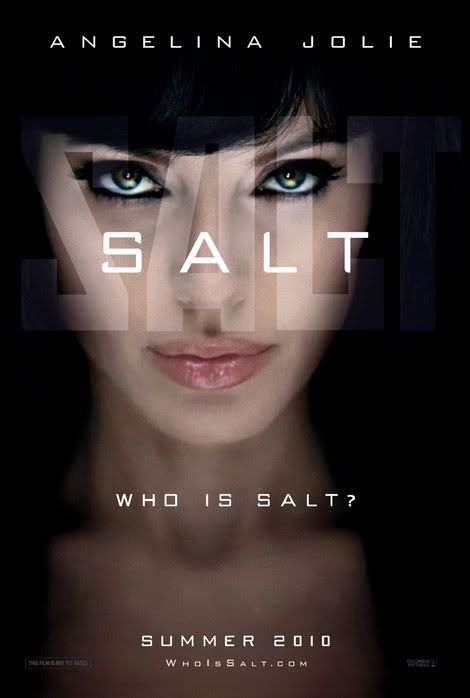
The plot introduces us to Evelyn Salt, a CIA operative married to an arachnid expert. She’s getting ready to enjoy her anniversary when a Russian defector walks into her office claiming to have vital information. Placed in an interrogation room with Salt, the defector reveals that he has knowledge of a presidential assassination plot going down in New York City in 24 hours. He even knows the name of the assassin: Evelyn Salt. Pointed out as a possible mole, unable to reach her husband and trapped in her own office building, Salt needs to facilitate an escape and find a way to prove her innocence. Or carry out her role in the assassination plot. Or go on vacation. Or get her nails done. The question I asked myself while actually watching Salt was, “What the hell is she up to?” he desire to see what exactly her plan was kept me going all the way to the end credits.
A lot is made of the identity of Evelyn Salt, and to the credit of Wimmer’s script, Philip Noyce’s direction and Angelina Jolie’s acting, we’re never quite sure who’s side she’s on. She conveys emotion when she has to and turns it off when it’s time to kick ass – par for the course from the creator of Equilibrium. The film seems aware of the fact that it’s a vehicle for Jolie, and never really gets in her way. We’re never out of sight from our leading lady for more than a minute. Her performance here is definitely more in the vein of Wanted than Changeling, but she’s at least somewhat interesting to watch.
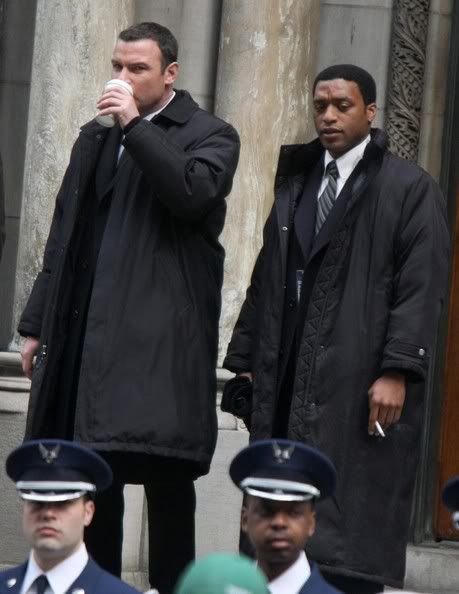
In fact, the cast isn’t uninteresting and does rather well all around. None of the performances feel forced, none of the actors gnaw on the scenery and they’re given interesting stuff to do. Liev Schreiber has quickly grown on me as a supporting actor, with a quiet intensity and growling voice that isn’t overshadowed by Angelina’s presence. Chiwetel Ejiofor isn’t bad, either, channeling a bit of the drive that informed his performance as the Operative in Serenity. The script is fine, never going into camp territory or stopping to wink at the audience. The action is at least somewhat inventive in places and it’s shot well by Noyce, never becoming too confusing or too loud, a tip some other directors could take. In fact, all of these elements make it a more-than-decent thriller, and a thrill ride besides.
But the best writing and acting in the world can’t overcome a bad premise. It’s like building a brilliantly designed and carefully constructed house on a beach with bricks of sand as your foundation. It’s not going to end well. Salt never completely collapses, but the idea that the spectre of Soviet aggression would rise up from the shadows of the past to seek revenge on America for a war that never got to the shooting stages and resolved itself almost two decades ago is pretty preposterous. I can think of at least a few people who will see this film, take it as at least partial fact, and use it as just another thing that we should be afraid of, in addition to terrorism, socialist medicine, communist market oversight and fascist environmental controls. BE AFRAID. WE ARE THE GOVERNMENT. OBEY US.
Dammit, there I go getting political again. I told my controller therapist very patient readers I wouldn’t do that any more.
*twitch*
Since posting this review on the Escapist the night I saw it, I’ve gotten some stick for apparently being ‘naive’ and ignoring the threat that Russia presents to America. The thing is, though, I know we’re going to get spied on. Espionage does not automatically mean open conflict. In fact, if it gets to the point of a car chase or a gunfight, the espionage has failed. So, when the US busted that Russian spy ring recently, was I surprised? Not really. I’m sure the US has spies all over the world as we speak. I do see the point made to me about not being naive in terms of espionage happening right now, but I have to opine the idea that espionage inevitably leads to open conflict is very far-fetched. To anticipate that sort of hostility is to live in perpetual fear, and that is something I refuse to do.

Stuff I Liked: Decent script, well-shot action and a brisk pace.
Stuff I Didn’t Like: Dammit, leave Russia alone. The war’s over.
Stuff I Loved: If I loved anything, it was seeing Angelina kicking ass and seeing how creatively she was dealing with the people she didn’t kill.
Bottom Line: It’s not a bad movie. It’s a decent little espionage thriller that suffers from the aforementioned idiotic premise. You’d be okay if you wait for it to come out on video. There are other movies out there that deserve to be seen in a cinema. Like Inception.

